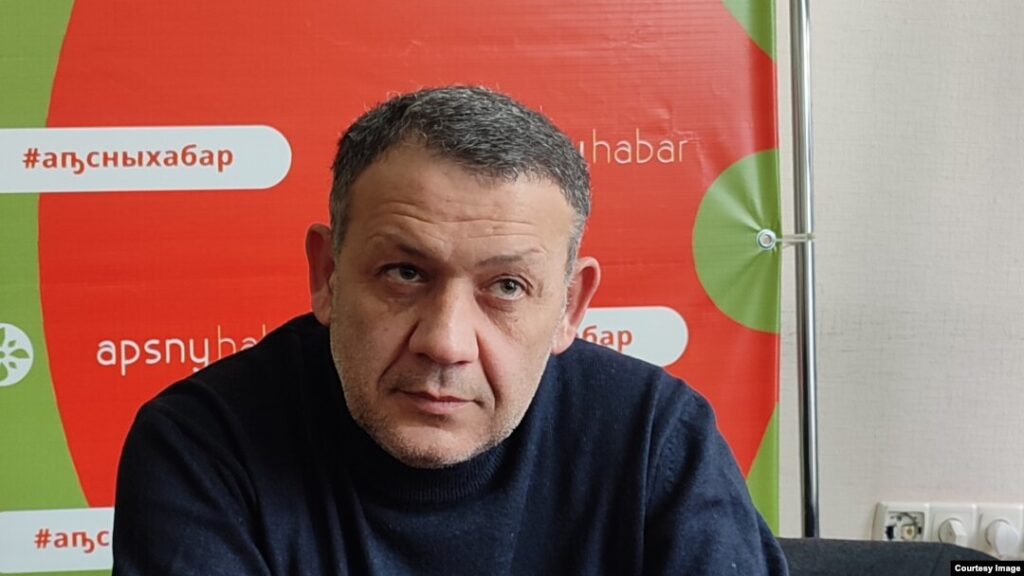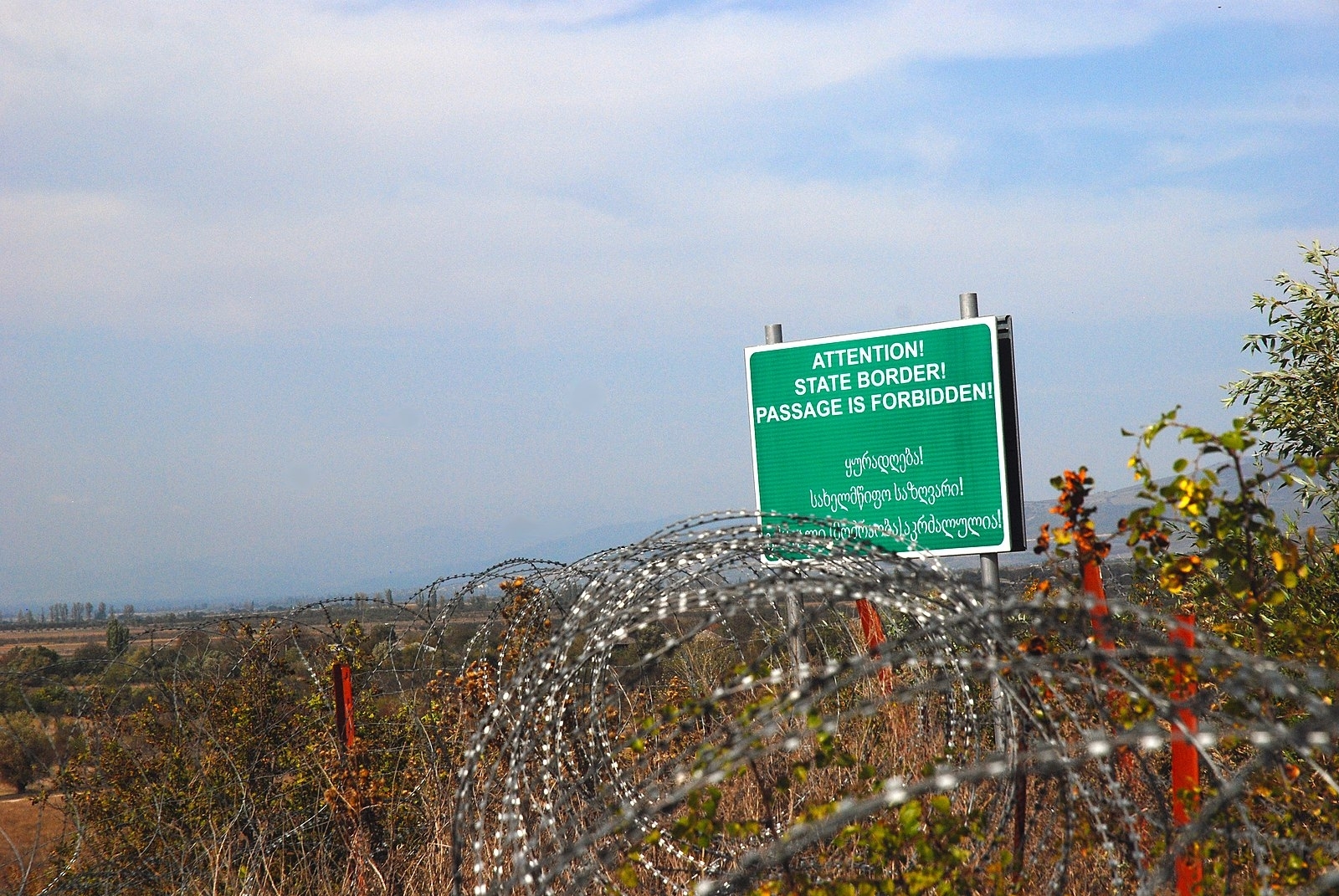Anti-Russian sentiments in Abkhazia
In Abkhazia, several political and civil organisations are demanding the resignation of Foreign Minister Sergey Shamba. The reason is the Foreign Ministry’s lack of response to Russia’s imposition of personal sanctions against Abkhaz politicians, public figures, and journalists.
For instance, MP Kan Kvarchia and head of the “Committee for the Protection of the Republic’s Sovereignty” Levan Mikaa were stripped of their Russian citizenship, while journalists Inal Khashig, Izida Chania, and Nizfa Arshba were labelled as “foreign agents.”
According to the Kremlin, all of these individuals are considered “instigators of anti-Russian sentiment.” Abkhaz civil society, however, insists that no such sentiment exists in the republic — at least not yet. But if Russia continues down this path, such feelings may well emerge…
Well-known Abkhaz blogger and member of the Public Chamber Tengiz Djopua reflects on the Kremlin’s misguided approach to Abkhazia.
Tengiz Djopua:

“Some politicians in Moscow fail to understand that by branding advocates of the Abkhaz national-patriotic agenda as enemies, they are alienating the most active and passionate segment of the Abkhaz population.
And this segment, in essence, is Abkhazia — because other representatives of the nation often lack any clear ideology and are guided solely by personal interests or a desire for privileges. As a result, they are either indifferent to everything or remain active only as long as their own well-being isn’t threatened.
In the short term, the Kremlin’s current policy may seem beneficial if it helps keep such ‘unprincipled’ figures in power. But in the long run, Moscow is turning the centres of Abkhaz self-awareness against itself — which will ultimately drive the entire nation away.”
The level of atomisation in Abkhaz society is significantly lower than in any other. Clan ties remain strong here, so upsetting even one individual tends to provoke a negative response from the entire community — regardless of their stance in domestic political struggles.
It is quite possible that the Kremlin is relying on the advice of so-called “Abkhaz” figures with a degraded sense of national identity, or those deliberately misrepresenting Abkhazia’s internal climate. But that no longer matters.
What matters is that a crack has already formed in Russian-Abkhaz relations — and it is widening.
Trust has given way to wariness. And this wariness, starting at the top, is quickly spreading to the grassroots, where it had never existed before.
This isn’t anti-Russian sentiment yet — only a foreboding sense of its swift approach.
And that is the saddest and most dangerous outcome of such a policy.”


